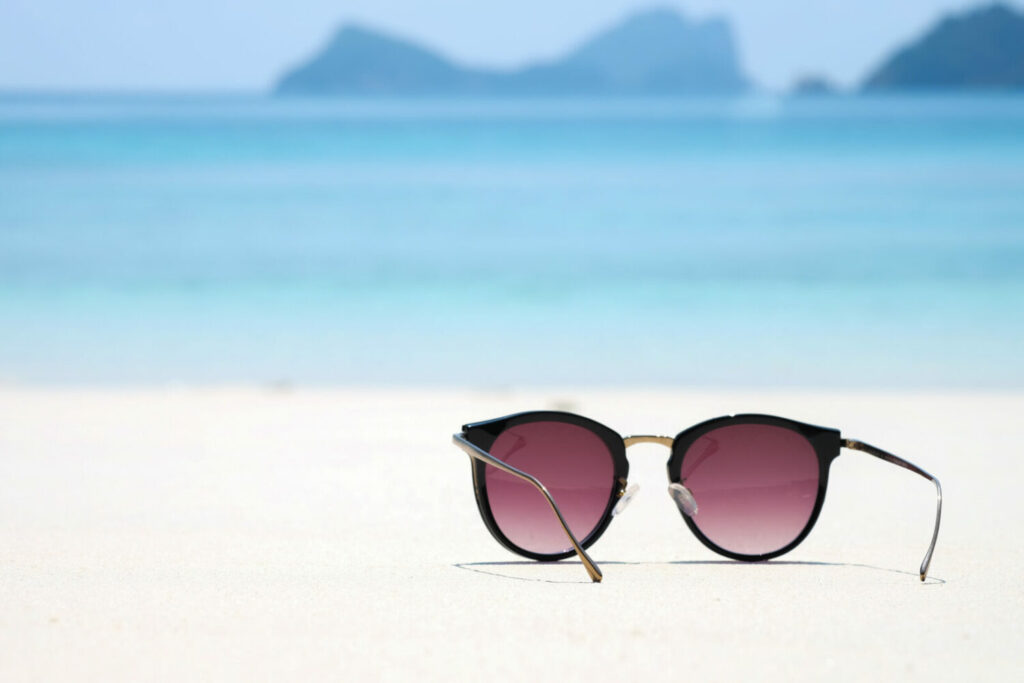Keep Your Eyes Safe This Summer with These Tips

Now that summer has arrived, chances are that you are spending more time outdoors. While you get some much-needed fresh air, the team at Access Eye also encourages you to protect your eyes. To help you get through the summer without developing any serious eye conditions, diseases or injuries, our eye doctors have prepared this list of tips:
Wear Quality Sunglasses
“Quality” does not have to mean stylish or expensive, though we do encourage you to treat yourself if it means you will wear them more frequently. What matters is finding sunglasses that offer full UV protection. Eyes exposed to UV rays are more susceptible to developing cataracts or macular degeneration in the future.
Unfortunately, many sunglasses merely shade your eyes from the glare of the sun rather than providing UV protection. This may help you to see better in the moment, but it does not protect the health of your eyes. Sunglasses that provide 100% protection of UVA and UVB rays are labelled accordingly. For added protection, look for sunglasses that wrap around the sides of the eyes to block rays that enter from peripheral angles.
Find a Hat
Another accessory that is good to wear in the summer is a hat. Whether you choose a baseball cap or sunhat is up to your personal taste; so long as it has a brim that blocks the sun’s rays from reaching your eyes, you should be set.
Swim with Goggles
You may buy goggles so that you can see underwater, but they are useful anytime you swim. When you dive into a pool without goggles, its chemicals like chlorine can burn your eyes. By wearing properly fitted goggles, you can keep the water from reaching your eyes and avoid that unpleasant stinging sensation. Goggles are similarly beneficial when you swim in freshwater such as lakes, ponds and rivers. Because algae and bacteria are plentiful in these bodies of water, you are at risk for an eye infection when not wearing eye protection.
Flush Out Debris
In the summer, many patients visit an eye doctor after visiting the beach. Unfortunately, the adage about how sand gets everywhere can sometimes apply to your eyes. If sand does get in, do not rub your eyes! Instead, blink repeatedly to try to activate tears that can flush the sand out. Next, use a running faucet or saline solution to further flush out the sand. See a doctor if multiple tries prove unsuccessful.
Another potential irritant is sunscreen, which, thanks to perspiration, can drip into your eyes and cause a burning sensation. Again, rubbing your eyes will just amplify the irritation (and possibly cause an abrasion), so flushing it with water is your best option. If you wear larger sunglasses and a hat, you may be able to get away with not wearing sunscreen right above your eyes, thus avoiding this problem altogether.
















